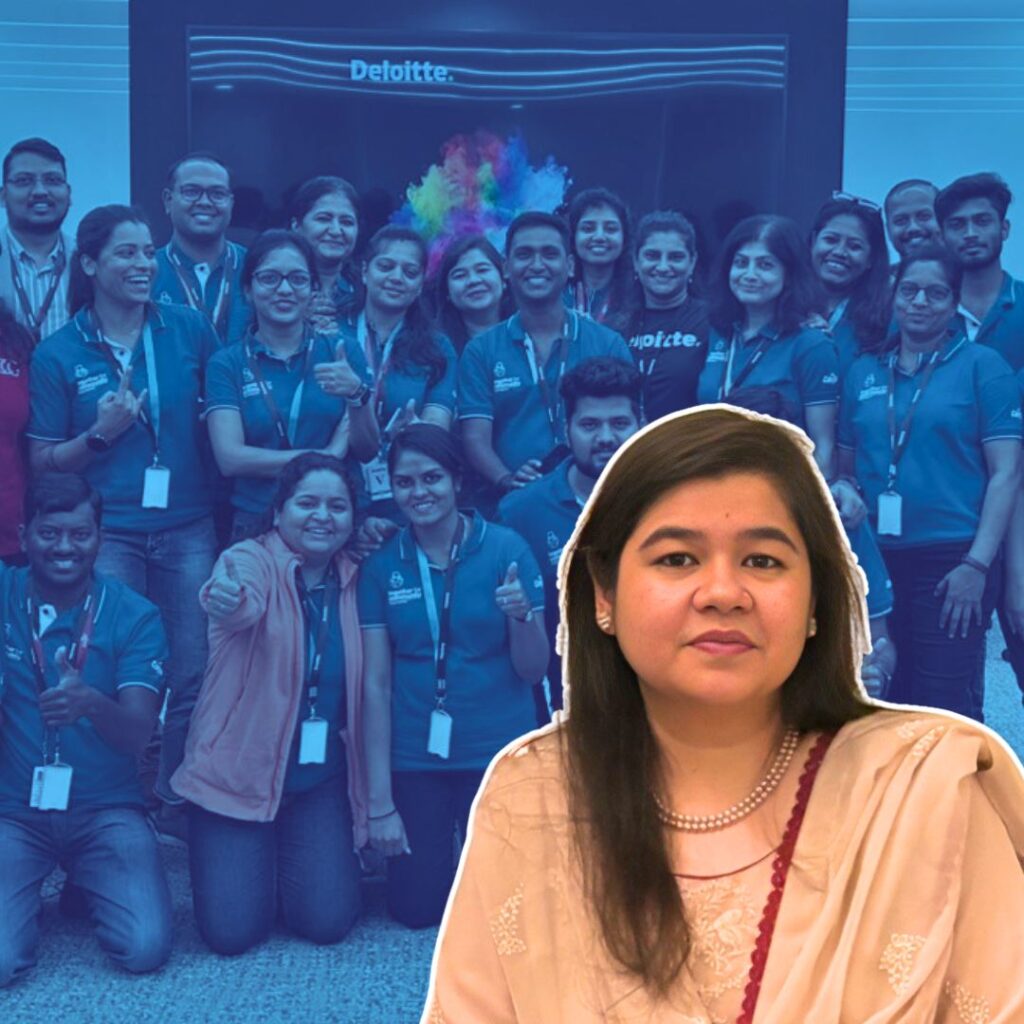With Kerala expected to see a high spike in COVID-19 cases in September and October, the state has started building up its human resources, constituting both medical and non-medical professionals, to meet the demand at hospitals and first-line treatment centres (FLTCs).
On a first-come-first-serve basis, the state government is recruiting young professionals with a background in medicine, nursing, pharmacy, business administration, data-entry and social work. These professionals are being trained by experts and the deputed to COVID hospitals and FLTCs in rural areas of those districts suffering from a severe shortage of manpower.
Chief Minister Pinarayi Vijayan had first mooted the formation of a ‘COVID Brigade’, comprising solely of young professionals, in late July. While he had then launched a portal inviting applications, the CM flagged off the first COVID brigade to Kasaragod from the state capital, Thiruvananthapuram, in late August.
A rural district bordering Karnataka in Kerala’s north, Kasargod has a weak health infrastructure. The team had completed the training at the Medical College Hospital, Thiruvananthapuram, before going for the mission.
The team of 26, comprising doctors, nurses, pharmacists and lab technicians, is charged with running two FLTCs round-the-clock where asymptomatic patients and those with mild COVID-19 symptoms are treated. Meanwhile, a second team of 10 is undergoing training and will be deputed to a hospital ICU in Pathanamthitta.
In the coming few weeks, more such teams are scheduled to undergo training across the 14 districts in the state.
The decision to form COVID brigades came after health minister KK Shailaja predicted that there would be an exponential spike in the number of COVID-19 cases in the state, even upto a range of 10,000-20,000 cases daily.
The teams are paid salaries by the National Health Mission (NHM) and the district programme managers oversee their activities.
‘To power the human resources in CFLTCs, hospitals and public health system we have constituted COVID brigade, which will have a significant role in handling the pandemic situation,’ Shailaja had said.
Last week, the CM said that there has been a good response to the call for people to volunteer for the COVID Brigade and that the registration on the COVID Jagratha Portal has increased significantly.
‘All these registered people will be kept ready as a reserve force. If the number of cases increases as predicted by experts, their services can be used in hospitals and COVID First-Line Treatment Centres,’ the CM said.
Dr SS Santhosh Kumar, the deputy superintendent at the Thiruvananthapuram Medical College, who led the training programme, told The Indian Express, ‘They are primarily trained in infection control, basic life support, advanced life support and imparting motivation. They have been briefed on medical and referral protocols to be followed at the FLTCs. For eg, who is to be admitted and discharged etc. Before deployment, they are sent to local FLTCs to get field experience before they encounter the real situation.’
In early June, Kumar had led a team of specialised doctors and nurses to Mumbai, upon the request of the Maharashtra government to fill gaps in the health infrastructure in that state.
Among the first batch of the COVID Brigade is 28-year-old Dr Ashley Franklin, a fresh MBBS graduate from a college in Russia. She is posted at an FLTC set up inside the men’s and women’s hostels at the Agricultural University in Kasaragod. She has a two-year-old daughter and this is the first time that she is staying away from her.
‘It’s very difficult. I’ve even felt like leaving everything and going back to her, but in this situation, I cannot do that,’ Franklin told the media.
‘It has not been like what we expected. It has been far more overwhelming when we started working in the PPE kits. Honestly, we hadn’t thought it would be so difficult to work wearing the kits. When we remove the kits, all of us are drenched in sweat,’ she added.
However, Franklin said that the upside is seeing everyone working together – from students who are volunteering for cleaning duties to local body officials arranging food and medical supplies.
‘To see them giving their all and working earnestly makes us feel we are doing something great,’ Franklin said.
Due to a shortage of personnel at FLTCs, doctors often have to multi-task. These include making the rounds of patients, offering psychological support, and doing data-entry work. Franklin added that there is an urgent need for more human resources.
Currently, at a 0.39 per cent mortality rate, Kerala’s mortality rate is among the lowest in the country. This has been achieved through multiple factors such as early detection of cases, releasing the pressure on hospital ICUs through the creation of FLTCs at grassroots level with one in every panchayat, and carrying out extensive acute respiratory illness (ARI) surveys within clusters to find out those at the highest risk of…












